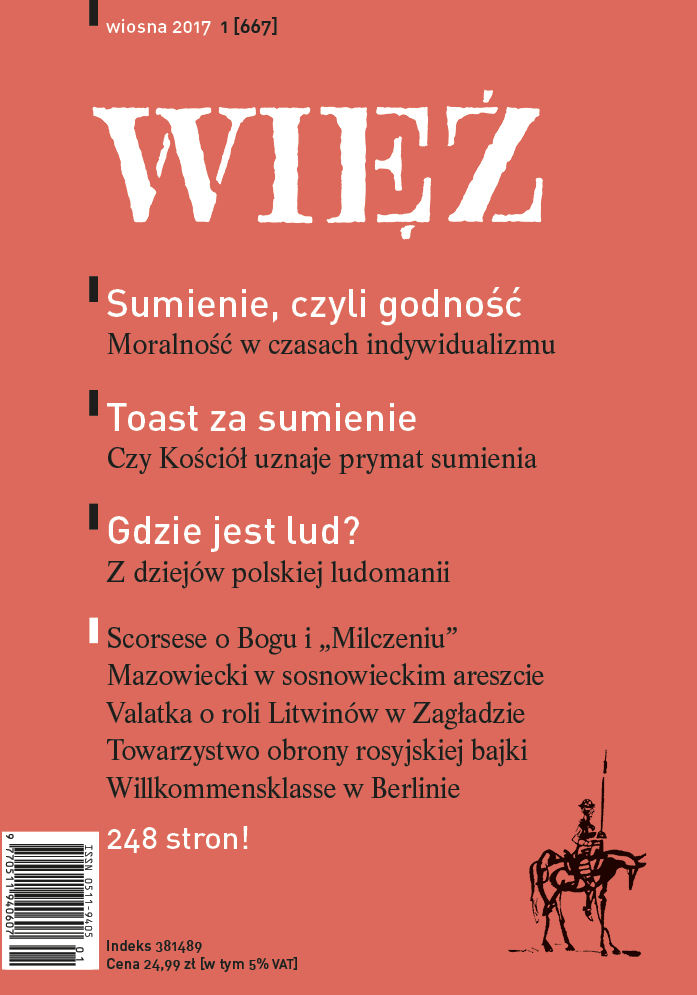
We kindly inform you that, as long as the subject affiliation of our 300.000+ articles is in progress, you might get unsufficient or no results on your third level or second level search. In this case, please broaden your search criteria.

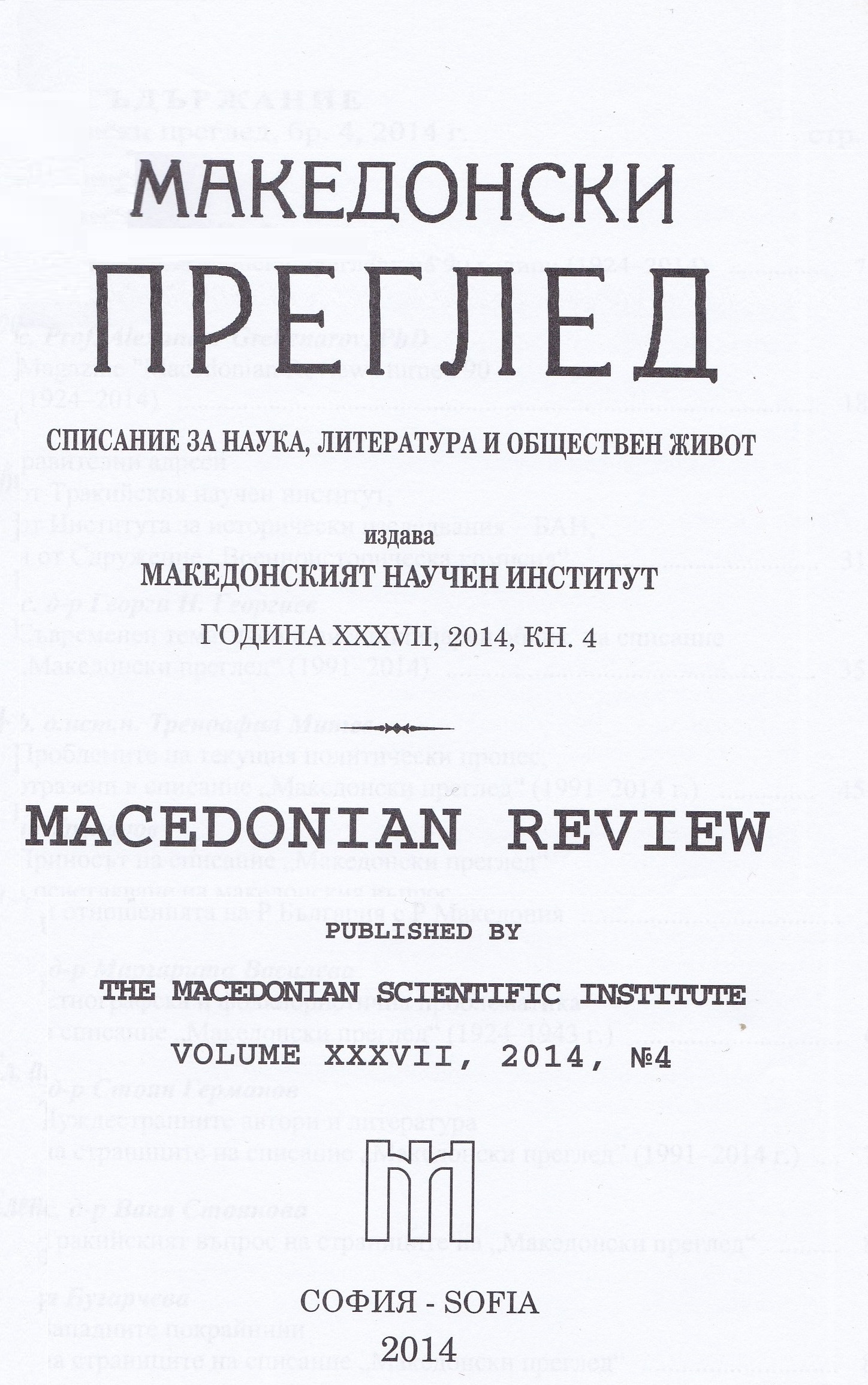
On the evening of December 21, 1923 the participants in the creation of the Macedonian Scientific Institute (MSI) departed from the hall № 10 of the Sofia University St. Kliment Ohridski with the thought that marked "the beginning of a great work".
More...
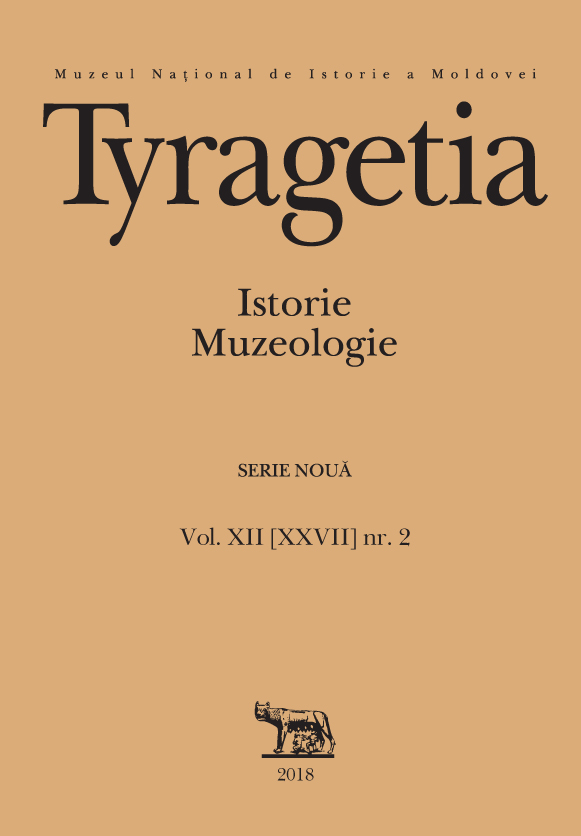
Based on archival documents, the article provides previously unknown data on the history of the construction of the Chişinău Ascension Church in 1805 and its reconstruction between 1827 and 1830, after the fire of 1824. Also given are data on the previously existed on the same place the Church of the Holy Apostles Peter and Paul, built in the second half of the 18th century and affected by the earthquake of 1802.
More...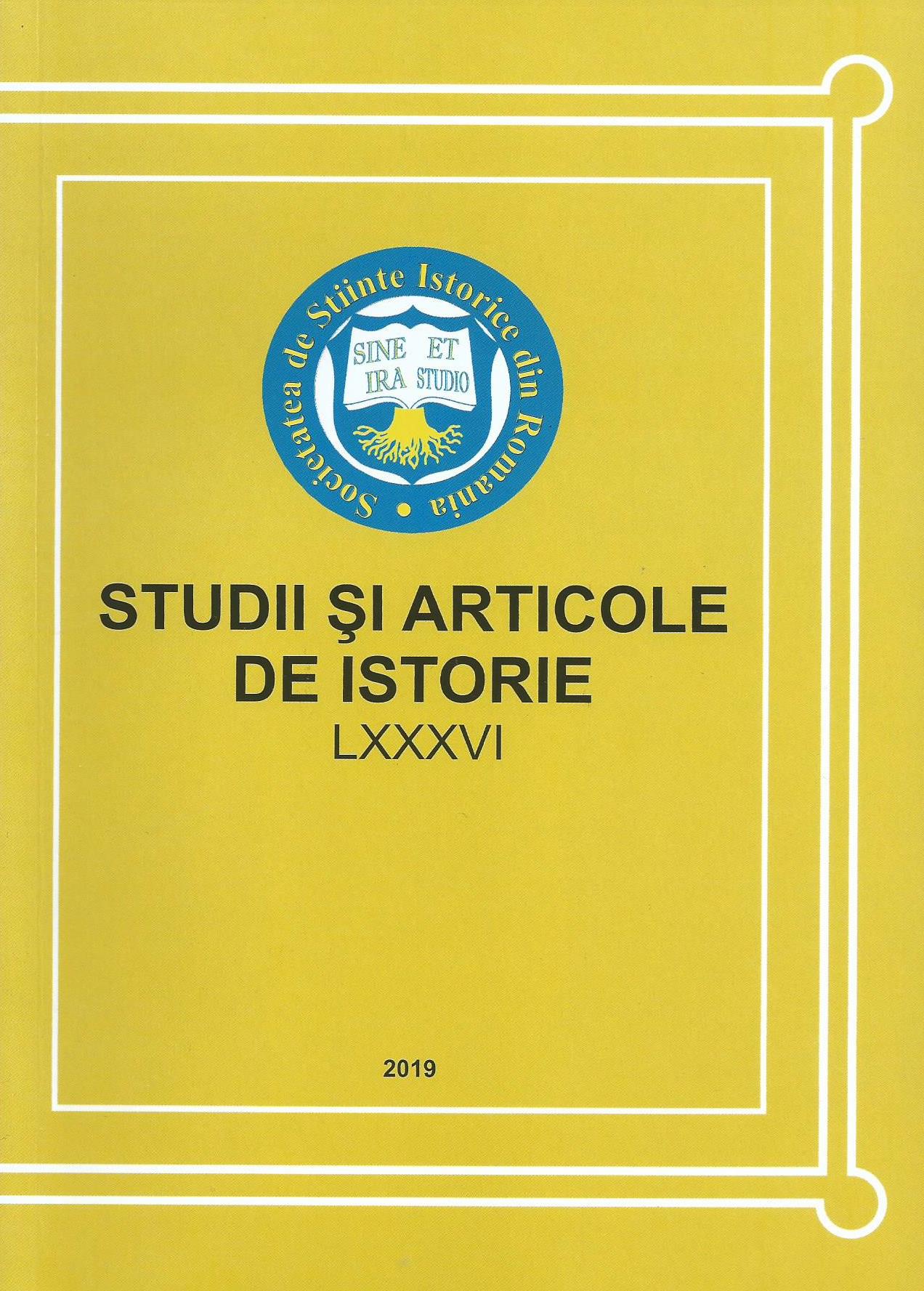
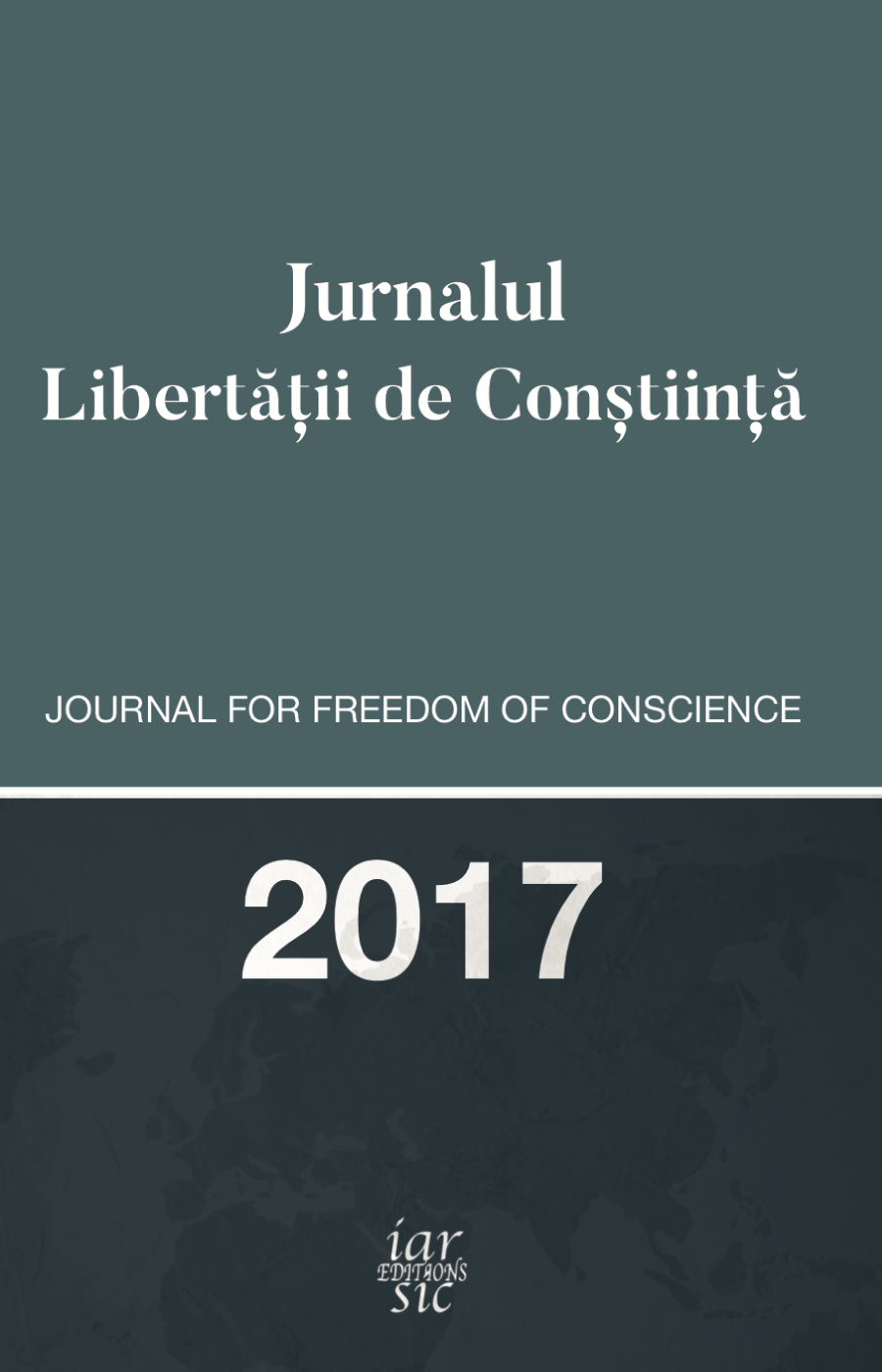
The study of the combination between the search for identity and the desire to integrate into society represents an exciting research. History is a rich source of information. It renders the analysis of such a topic a fairly challenging enterprise, open to many approaches, from different angles. We will therefore analyze the migration ways chosen by a large number of Romanian Jews at the end of the Second World War. At the same time, we will present the manner in which the Romanian state responded to this situation. We have to acknowledge the fact that, unfortunately, the studies on this part of Jewish history are only a few. The books and materials that constituted the starting point for our current study, carefully consolidated by research into archive documents – as shown in the bibliographic references – are as follows: Evreii din România (1945-1965) – Mărturii documentare (Jews in Romania – 1945-1965 – Documentary Testimonies), coordinated by Lucian Nastasă, Gloria şi decăderea Anei Pauker (The Glory and Decline of Ana Pauker) by Robert Levy and Evreii în România anilor 1944-1949 (The Romanian Jews in the 1944-1949 Period) by Háry Kuller.
More...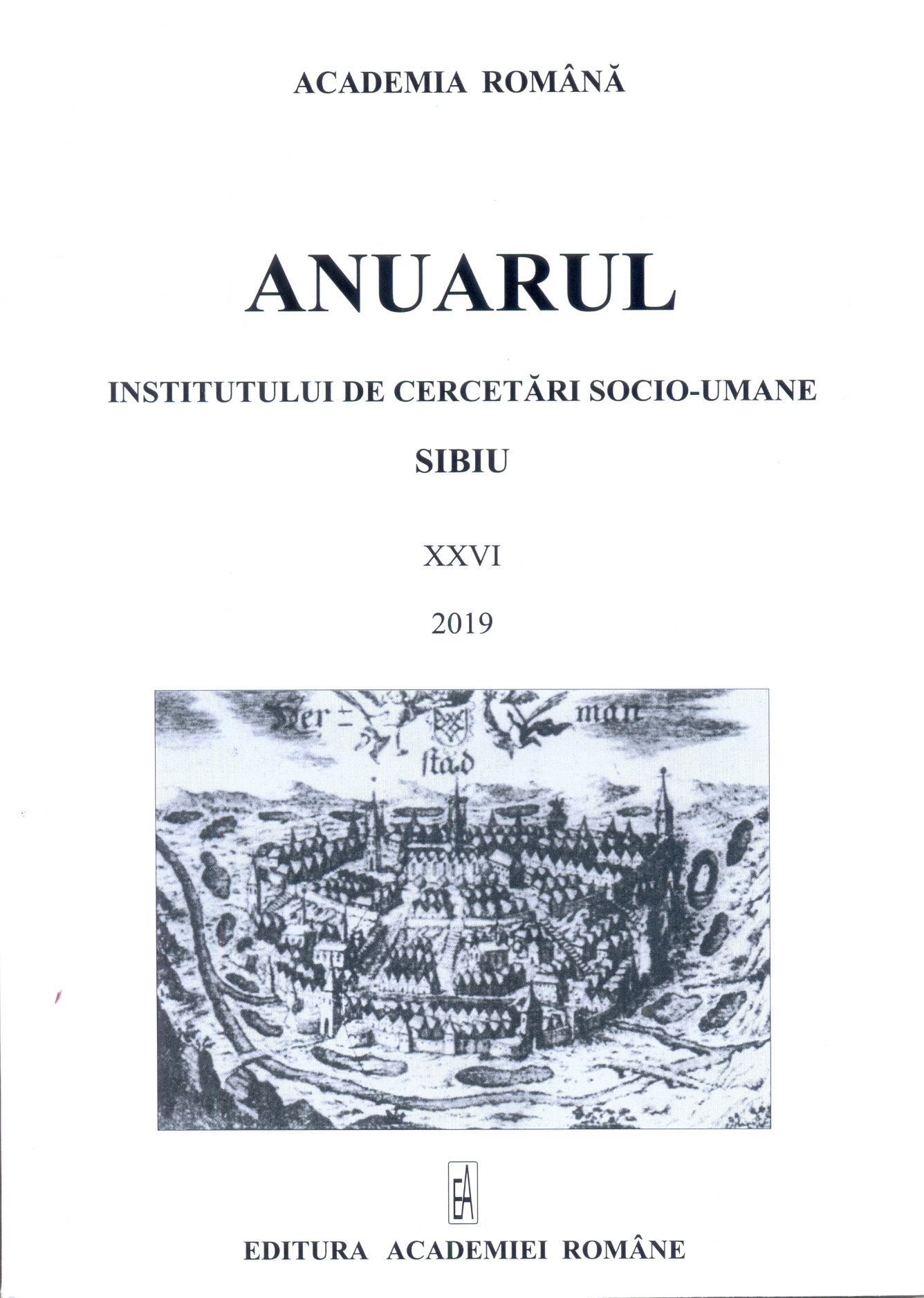
The order of the Good Templars was founded in the 1850 in the United States on a structure modelled on Freemasonry as a fraternal organization for temperance and abstinence, its members being organized in lodges. The Order allowed access equally to men and women and did not differ in race. From the United States, the order will spread to Europe. It will also appear in the evangelical Protestant environment in Transylvania, in major cities like Sibiu, Brasov, Sighișoara, Bistrița, Orastie, Sebes, Mediaş etc.The emergence and evolution of the order in Transylvania, is closely linked to the measures of national eugenics promoted by the Saxon elite, especially by the physician Henry Siegmund of Medias. To promote the ideas of the Order of the Good Templars, the press will be appealed. More specifically, we will refer to the Volksgesundheit (People's Health) magazine and to the Mitteilungen der Großloge Ungarns of the Internationalen Guttemplersordens (IOGT) and the Alcohol-Enthaltsamkeits-Vereines (AEV) (Announcements of the Grand Lodge of Hungary to the Templars and the Association for Abstinence from Alcohol (AEI)), the official bulletin of the Order of the Good Templars.The first publication to which the Order of the Good Templars appealed was the “Volksgesundheit”. The magazine appeared between 1902 and 1911 in Mediaş in the printing press of G.A. Reissenberger, having as chief editor Heinrich Siegmund, who also was its the owner.The second periodical will appear between December 1, 1911 and June, 1916, in Brasov. It appeared was monthly, in the quart format, and the editor in charge was a certain Dr. Viktor Ziske, who was a lawyer in Brasov. The publication was printed by the “Schneider & Feminger” brothers, of Brasov.
More...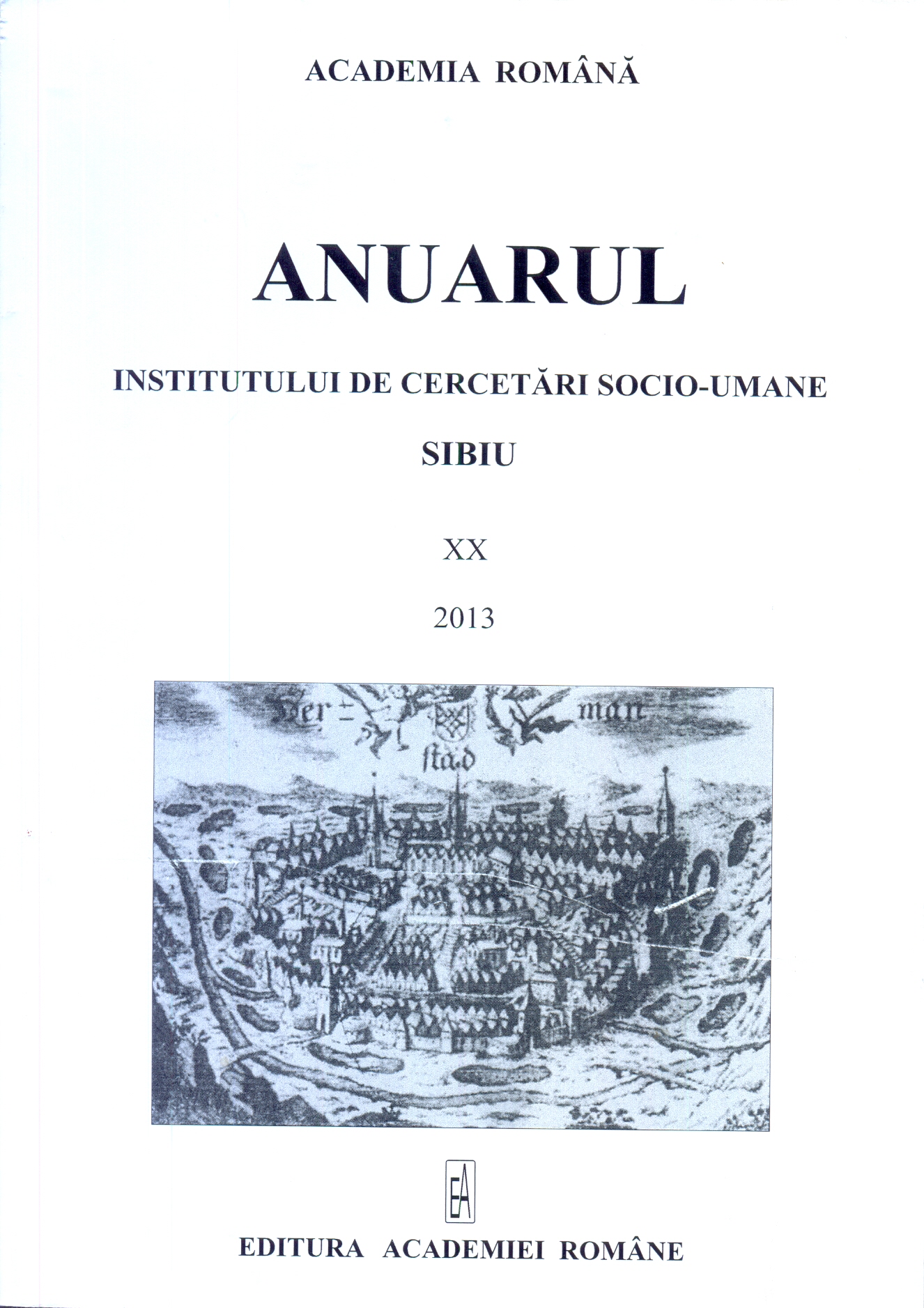
The paper aims at pointing out the resistance to the new and the respect for the old customs obvious in the behaviour of some characters in works written by Mihail Sadoveanu (The Hatchet, The Brothers Jder), Ismail Kadare (Chronicle in Stone, Broken April) and Meša Selimović (Death and the Dervish), examining aspects like: the cult of the guest, the necessity of observing the traditional way of dressing, the laws that govern the Albanian gjakmarrja, the duties connected to the burial rites and the punishment of those guilty of murder. In the novels taken into consideration, until it becomes useful or familiar, the new is perceived as strange, as an element that disturbs the natural order of things. Unwritten laws impose duties that are respected in the traditional communities, however hilarious (like the interdiction of wearing glasses) or serious and terrible (like the laws imposed by the Albanian kanun) they might seem to us. Generally speaking, the old customs have a coercive role. And if the characters ignore them sometimes, it is only because the world is changing and progress is also part of the natural order of things.
More...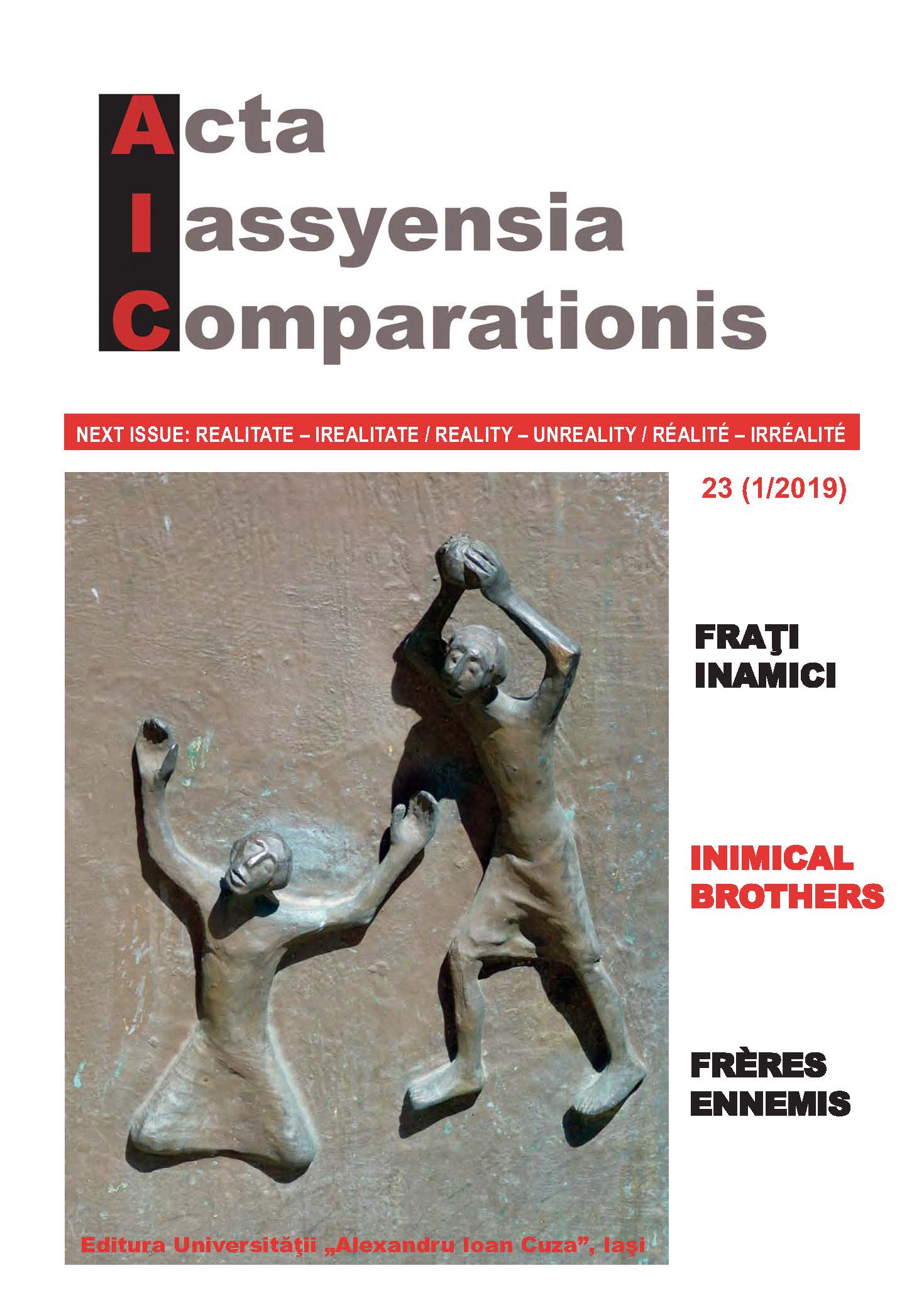
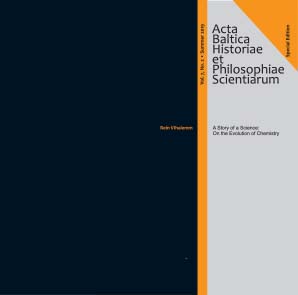
This book aims to observe the evolution of chemistry as a science. Its main goal, however, is not to give the reader a regular popular science account of the history of chemistry. The history of chemistry is only intended to serve as a background material for the analysis of problems which emerge at the intersection of the history, methodology and philosophy of science, presented in the format of popular science. These questions concern the nature of science, the preconditions for the emergence of science, its timeline, the rules and regularities of the development of science.
More...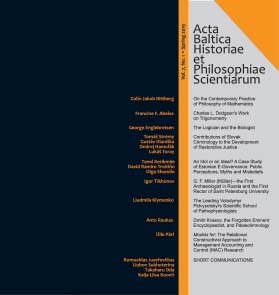
+ There is growing interest in the mathematics of Charles L. Dodgson, alias Lewis Carroll (1832– 1898). His contributions to geometry, algebra, logic, voting theory and recreational mathematics have been reviewed in recent literature. Dodgson’s work in trigonometry is less known. He wrote his initial work on trigonometry, a pamphlet titled The Formulae of Plane Trigonometry, out of concern for his students to ease their studying burden and to improve their performance on examinations. Notable for its precision and completeness, it has all the tell-tale characteristics we associate with the serious mathematical writings he produced throughout his lifetime. He designed his later trigonometric work as the legatee of Augustus De Morgan’s correspondence with would-be circle squarers to appeal to and be understood by these mathematical dilettantes. This paper surveys Dodgson’s trigonometric work and what it teaches us about Dodgson’s mathematical practices.
More...
This article explores the scientific research carried out and organised by Lev Vasilevich Shubnikov in the field of low-temperature physics in Ukraine in the 1930s. The article discusses the founding of the scientific school of cryogenics under his lead and the repressions of the Soviet government against the scientific elite of Ukraine.
More...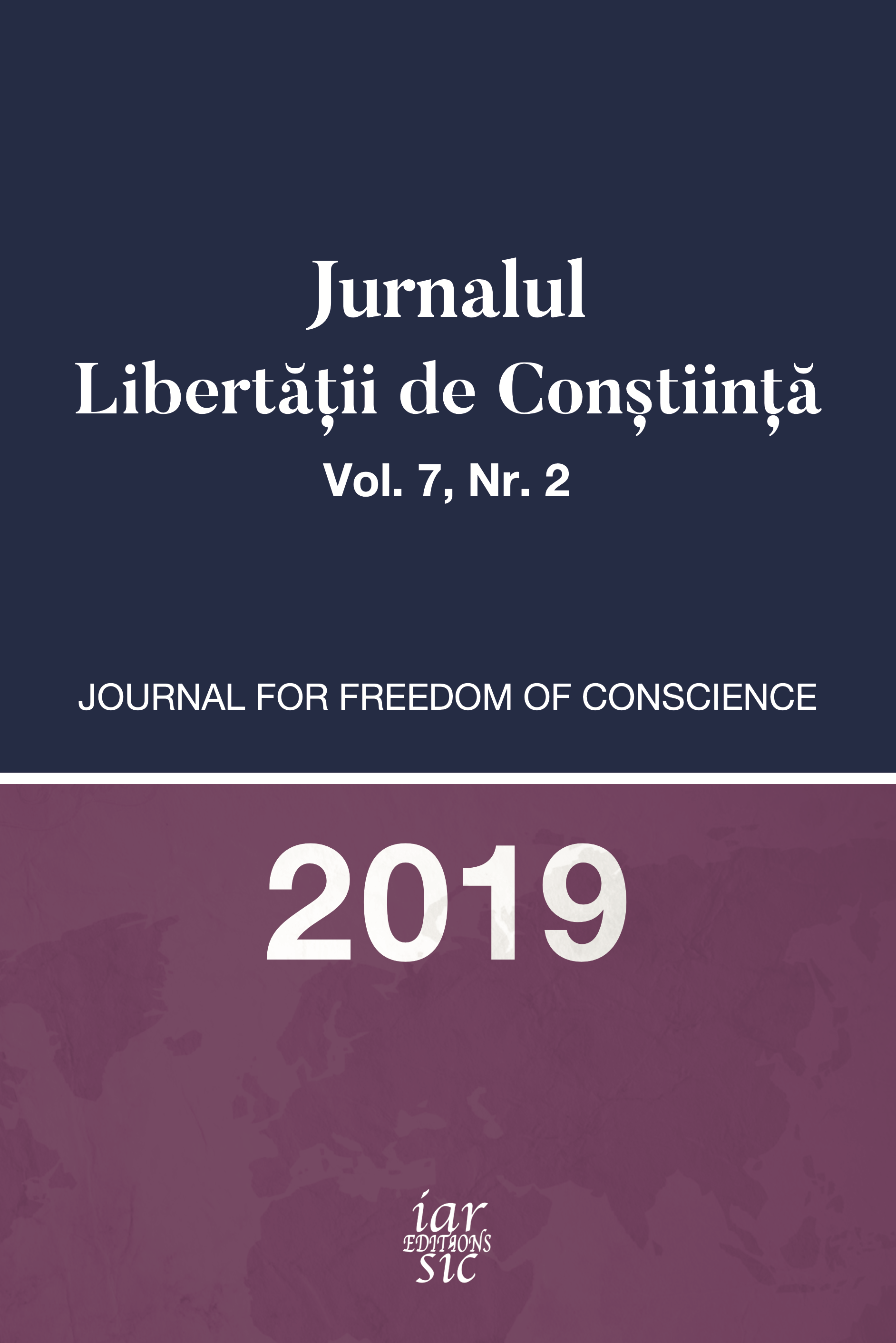
In this paper (Baptist Believers and the Holocaust in Romanian. Or how Human Dignity in Antonescu’s Romania was Denied to the Sectarians and to the Jews) the author brings to attention a rather neglected theme in Romanian historiography. He opens a discussion regarding the religious persecution endured by Baptists and members of other Christian denominations in Romania under the dictatorship of General Antonescu and presents evidence to show that between 1940 and 1944 believers of smaller Christian denominations were treated in a similar manner in which the Jewish community was treated during the Holocaust in Romania (and in other territories under Romanian administration). He also gives details regarding the massacres of the Jewish population deported in Transnistria in Golta region and also regarding the attitude of the Orthodox Church towards persecutions and deportations of Jews and members of some Christian denominations viewed as dangerous sects for the Romanian nation.
More...
This article explores the emergence, contribution and trajectory that the pioneer of the Baptist movement, Thomas Helwys, imprinted on the idea of freedom of conscience. In an innovative way for his time, he demanded reli gious freedom that far exceeded the boundaries of the small Baptist confession he founded with John Smyth in England. If today in a democratic society freedom of conscience is a sine qua non condition, this is not the case in the sixteenth and seventeenth centuries when for such ideas a series of believers considered ‚separatists’ paid with freedom or even with life. In such a time, Thomas Helwys writes to King James I in A Short Declaration of The Mystery of Iniquity that the limits of his power should not extend to the consciousness of his subjects, and they must be left to decide what their spi ritual course is. Obviously, such an idea launched in a time when the Church and the State functioned according to the Constantinopolitan model of the symphony, generated a fierce opposition. However, over time, but also thanks to the courage with which the idea was defended, society understood that religious plurality cannot be an enemy of it, but rather a balancing factor.
More...
The concept of human dignity as the most intimate human desire and its interpretations transgress the fields of theology or philosophy and shows its relevance in policymaking, economics or technology. This article analyzes the concept of dignity as a cornerstone of the Universal Declaration of Human Rights (UDHR). Drawing its legitimacy from the United Nations as a community of nation states, the charter states its universality but as such it was and still is today questioned and denied. The UDHR antagonistic counterpart was drafted in 1990 in Cairo, bears the title the Cairo Declaration on Human Rights in Islam and is, according to its drafters, also based on the concept of dignity, leading to the question of diverse and opposed interpretation and implementation of the concept.
More...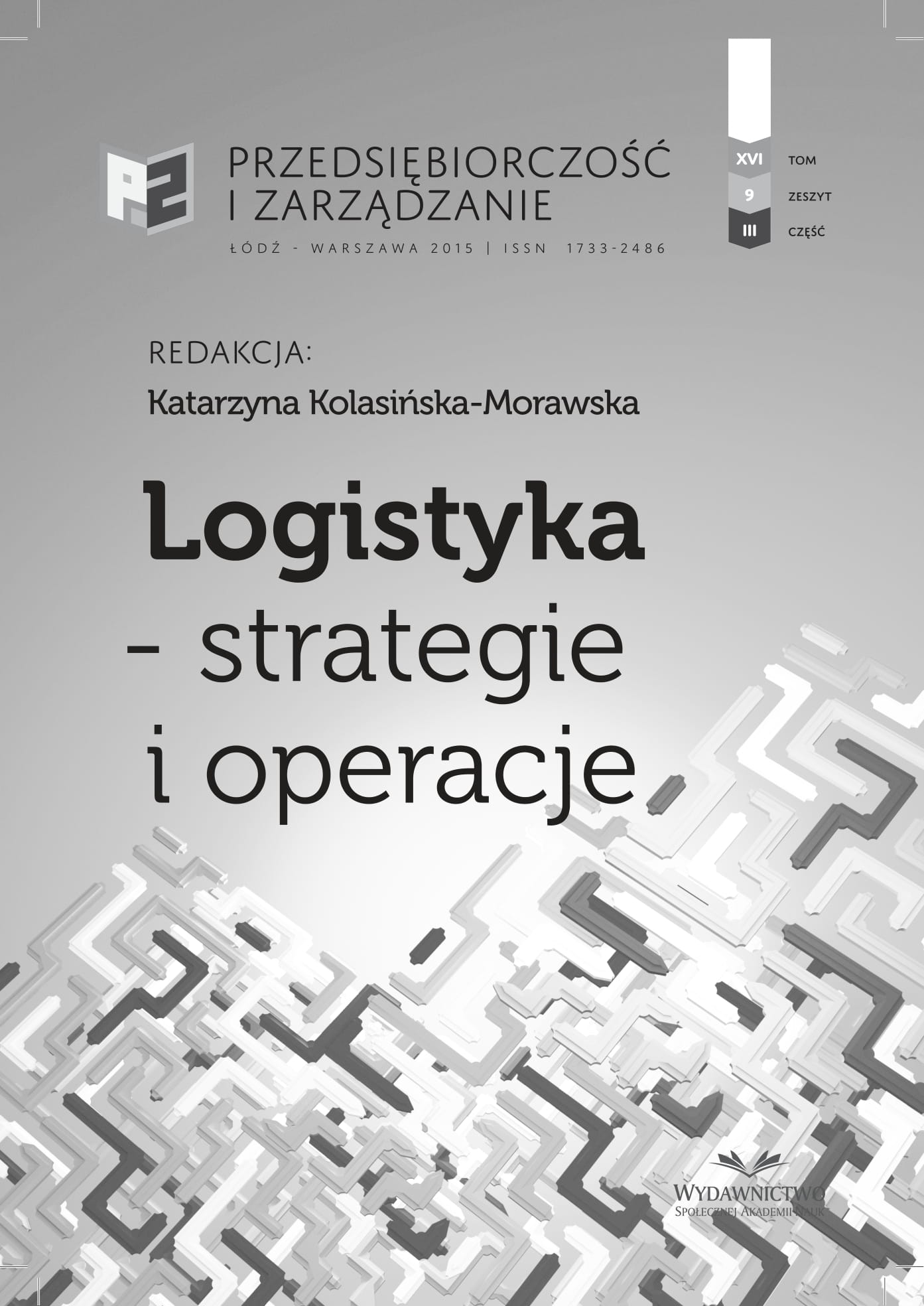
One of the most effective systems that determine ensuring proper quality and safety of food products is the method of Hazard Analysis and Critical Control Point (HACCP). This article discusses the HACCP system, its use in different food industry sectors and its benefits. In the food production it is obligatory to implement and maintain GHP, GMP and HACCP. Starting from the Polish accession to the European Union has been a significant increase in the number of companies that have implemented and maintained obligatory quality management systems. The study, however, shows that in 2012 the obligatory HACCP system was implemented and maintained only by 63% of companies processing non-animal products and only by 50% of companies processing animal by-products.
More...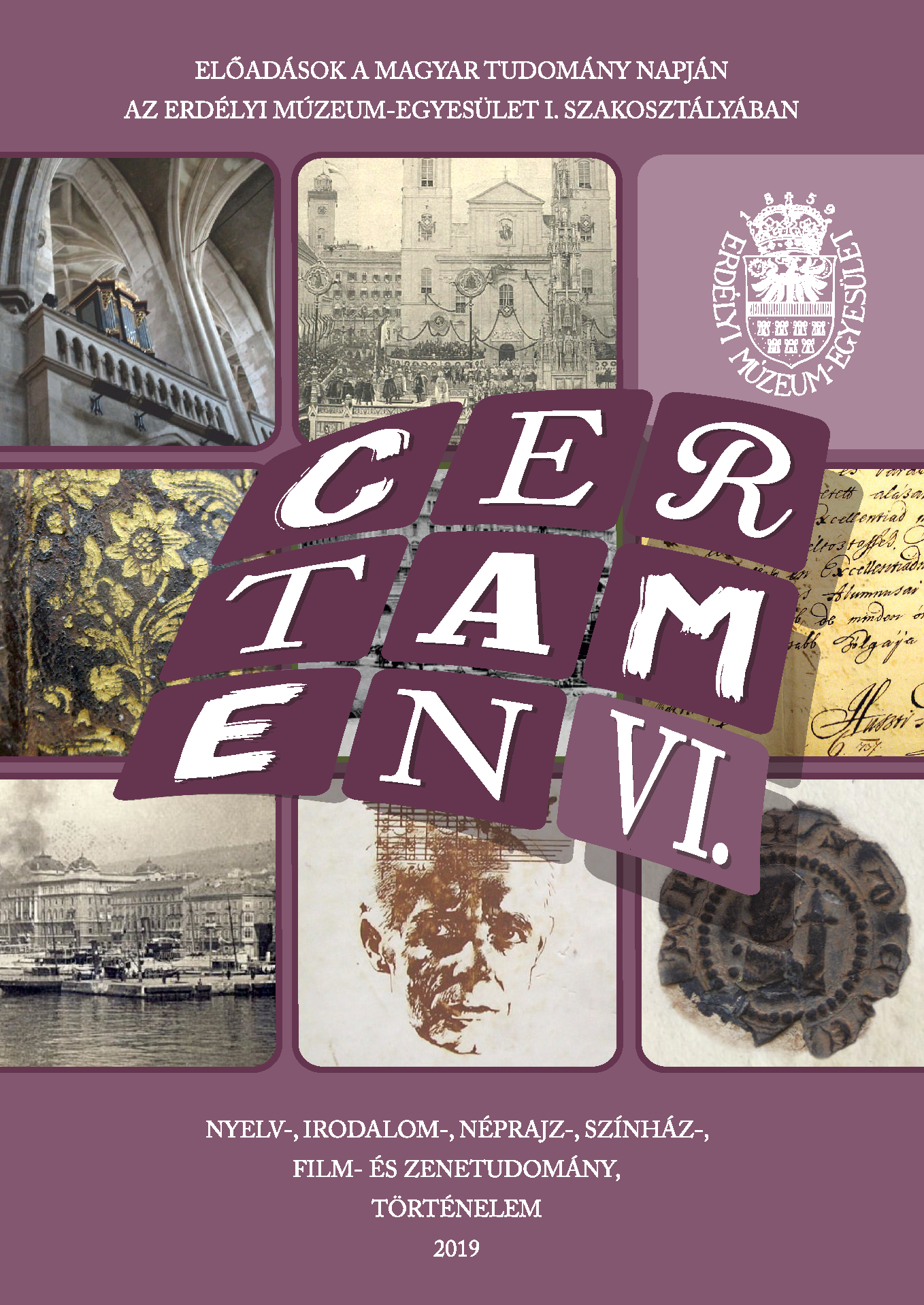
In our paper we set out a general description of József Benkő’s works, which can be classified in the field of historia litteraria and we have briefly outlined the process of developing this discipline. We presented the chapter entitled De re litteraria in Transsilvania and we talked about the replacements related to the volume of Péter Bod’s (Magyar Athenas). In our study, we investigated the circumstances of their creation, but we also discussed about the structure and content structure of this works.
More...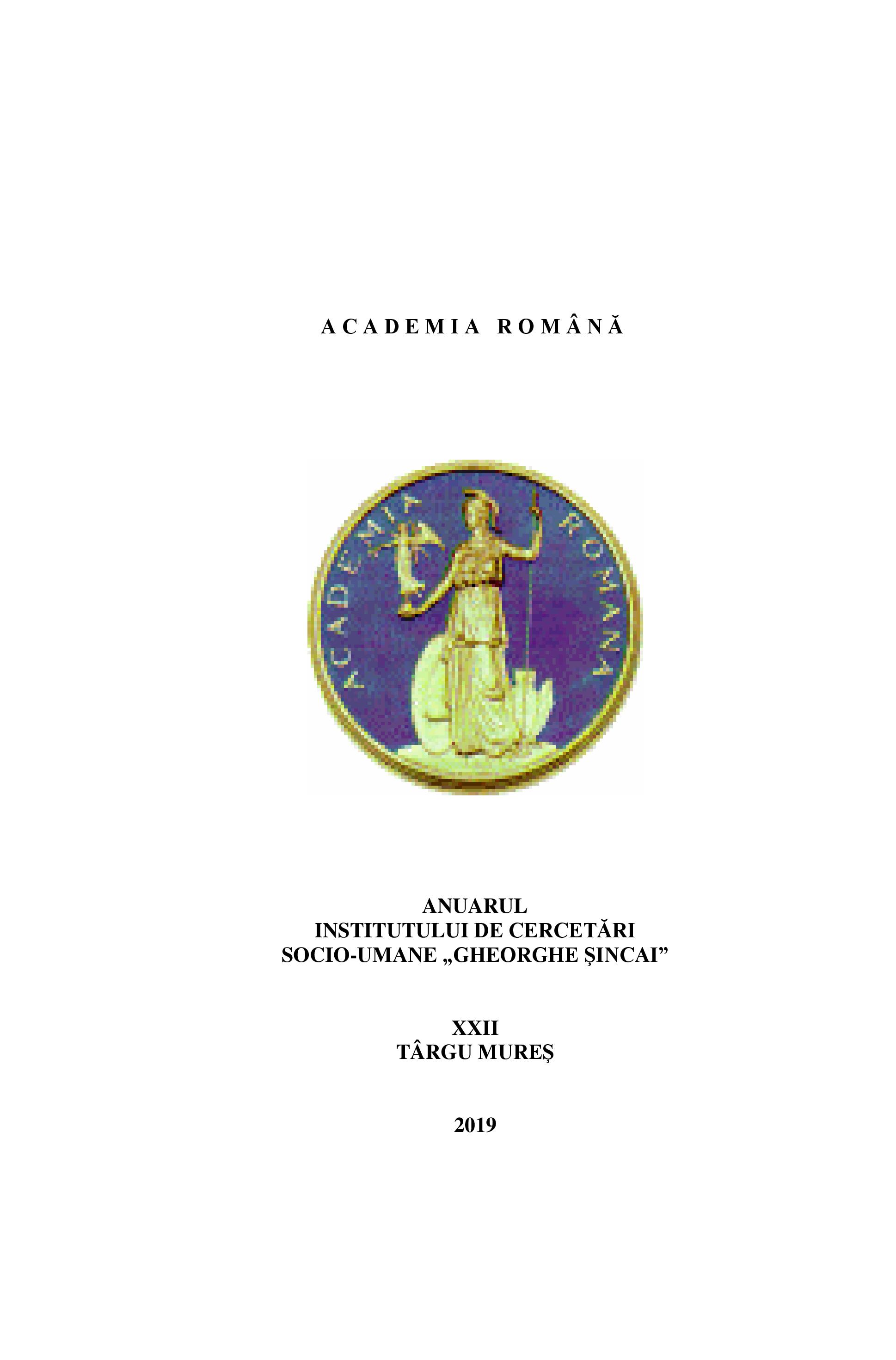
At first sight, culture and globalism seem to be antagonistic. Globalism seems to be governed by the commercial ideology of commodity and consumption, while the vital ideology of culture breathes through all its pores the chimera of uniqueness. That does not mean that they live in immaculately and precisely delimited environments. There are countless areas of confluence, areas of mutual contamination, where are generated different types of popular culture, mass culture in the broad sense, intelligent consumerism, artistic consumerism, and so on. This does not mean that they must be eliminated one through the other, they represent only two extreme dimensions of human life.
More...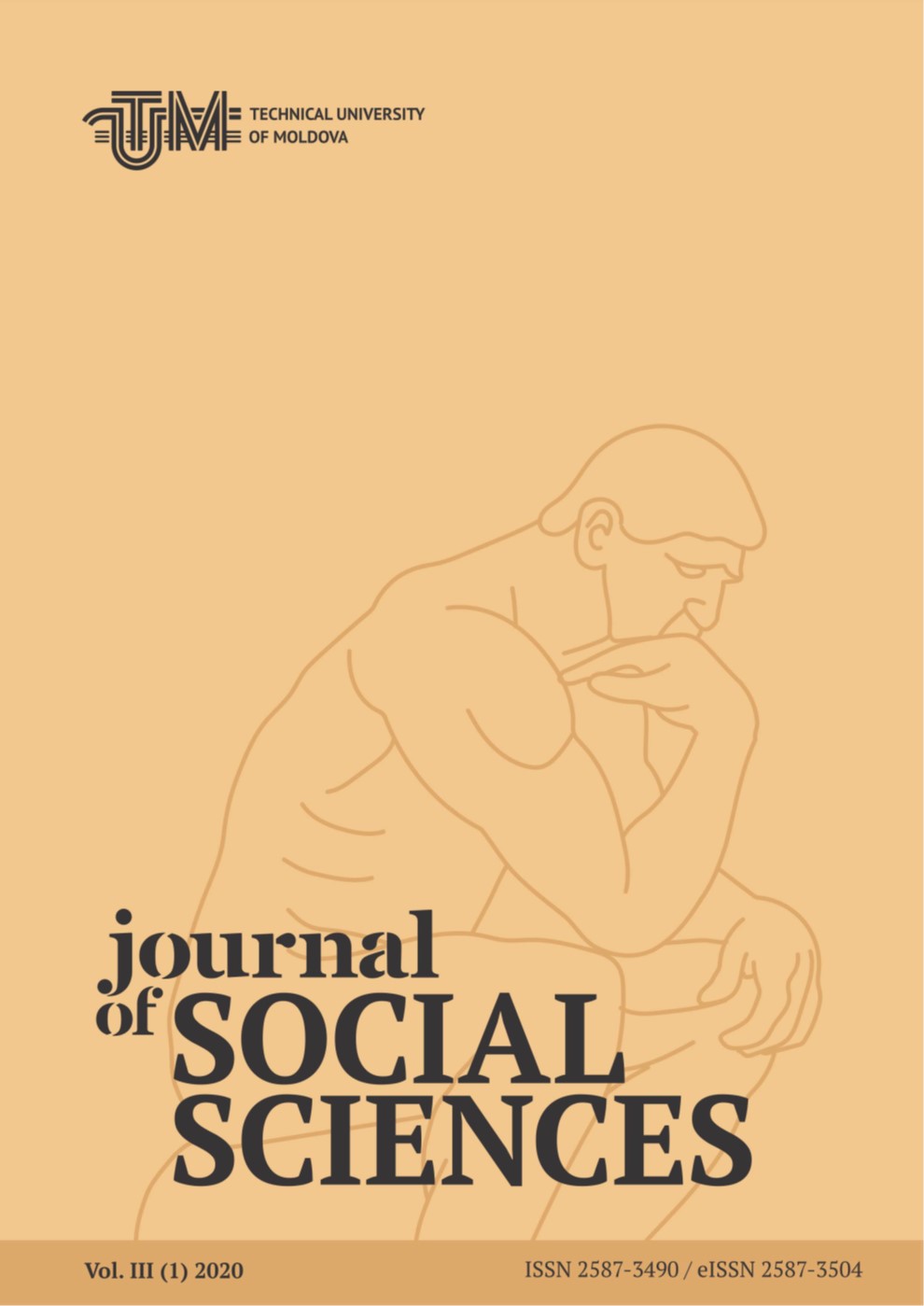
. Constantin Belea had remarkable contributions to the domain of System Theory, but also to the foundation of the School of Automation from Craiova. He initiated several pioneering directions, among which: Linear automated systems on portions, Numerical methods for transient automated systems, Invariance of automatic systems in relation to disturbances, Switching in linear electrical systems and applications of distribution theory, Optimal systems based on the minimum time criterion. Numerical methods for transient automated systems, Calculation of nonlinear auto-aspirations based on rapidly converging Fourier series.
More...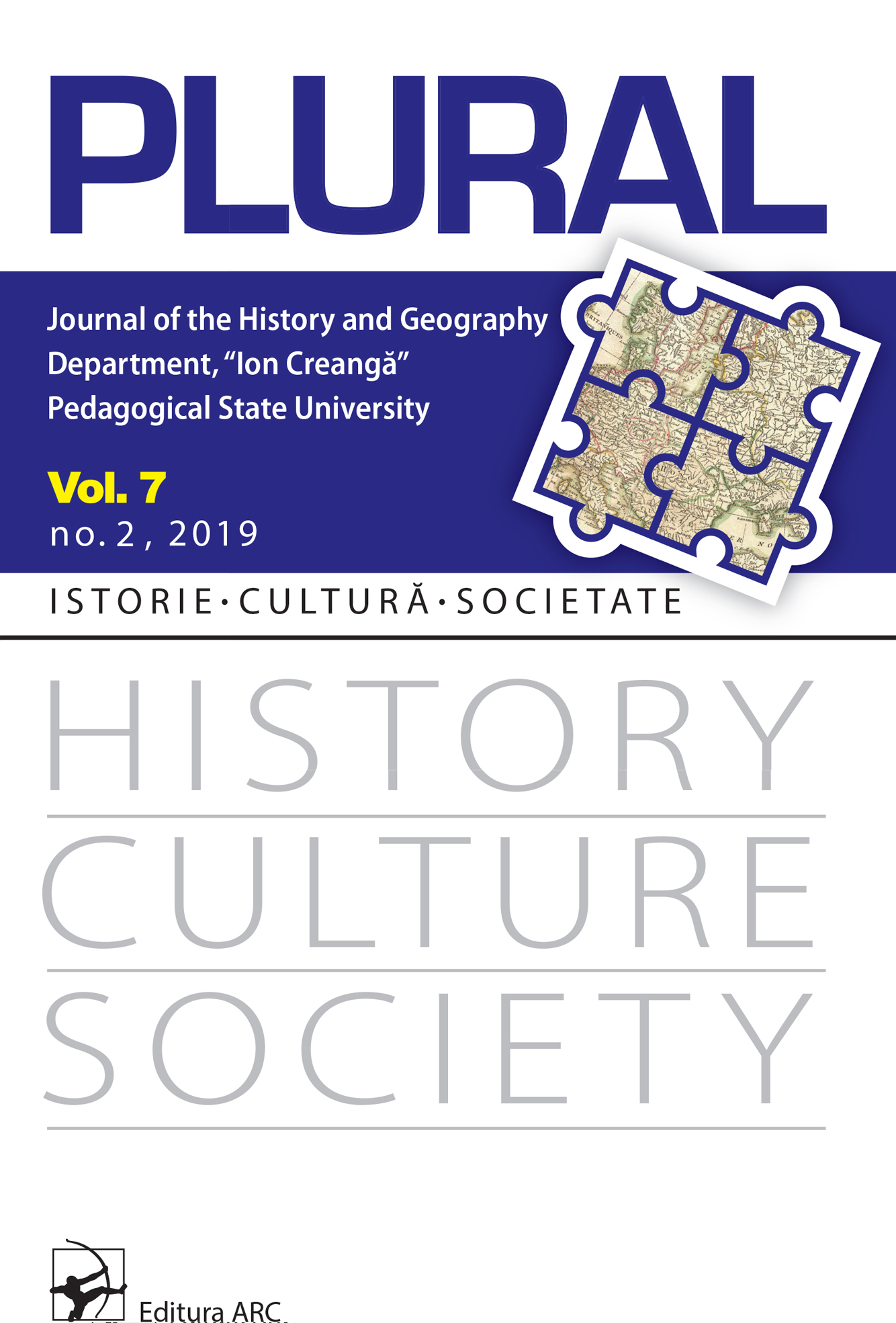
Professor Michael Meyer – Doctor Honoris Cauza of the „Ion Creanga” State Pedagogical University
More...